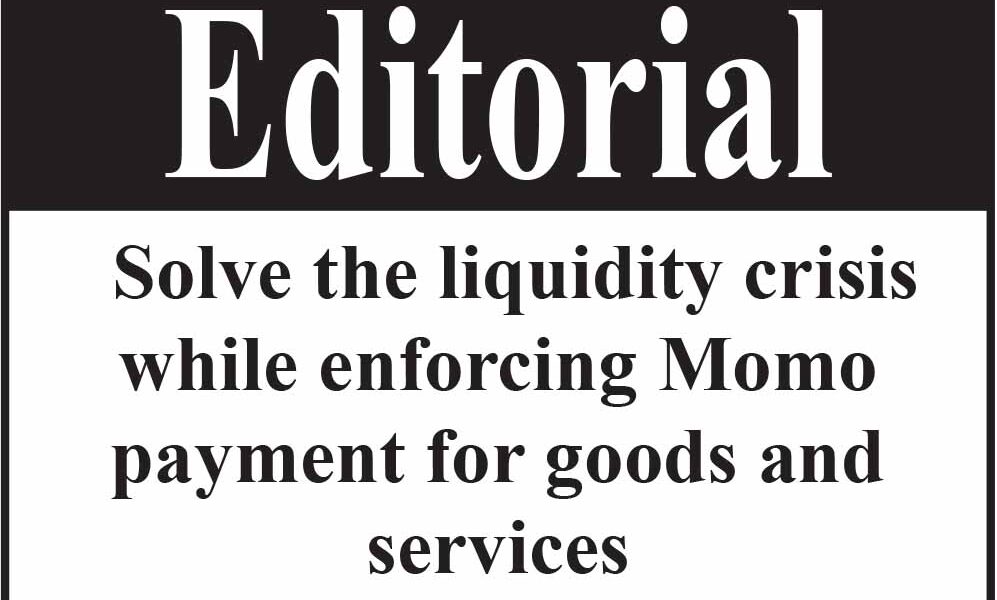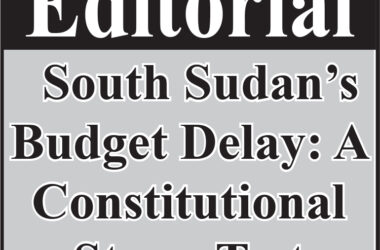The Bank of South Sudan’s recent directive recognizing mobile money as legal tender signifies a progressive and historic policy shift in the country’s financial systems; however, it needs backup policies.
While the country continues to grapple with the liquidity crisis, most experts propose electronic payment to reduce dependence on cash.
A liquidity crisis is a financial situation characterized by a lack of cash or easily-convertible-to-cash assets on hand across many businesses or financial institutions simultaneously.
Coupled with the ongoing depreciation of the South Sudanese Pound (SSP) against major currencies like the USD dollar, carrying cash to pay for goods and services has become a risk and burden to many people.
While the aim of the Bank of South Sudan to modernize transactions and promote financial inclusion remains vital, the liquidity crisis that has installed fear in the people may pose a challenge to the new initiative.
But as is the case with many bold reforms, the success of this initiative lies not just in policy declarations but in its practical implementation.
This decision by BoSS to make MoMo legal tender is transformative on paper, intended to potentially reduce theft, lower the circulation of physical cash, and push the country toward a more digitized economy.
For buyers, this is a win online, with the traders charging extra cost on goods and services.
It is believed that there will be no more carrying a myriad of cash in insecure public spaces. No more being easy prey for Torontos (thieves on bikes or street snatchers).
Consumers can now make purchases with a few taps on their phones, offering a safer and more efficient way of doing business.
But as every coin has two sides, the move by BoSS is only one side of the coin. Traders, especially small business owners, are being handed a responsibility they may not be ready for. There is a plethora of valid concerns and questions already: Who bears the cost of mobile money withdrawals? Will withdrawal charges not lead to a hike in prices? What happens when MoMo agents frequently report having no liquidity? And how do traders convert digital funds into hard currency for international transactions?
The risks of alienating the very businesses that keep our markets alive are very high, at least not until these foundational issues are addressed.
The central bank should consider pairing financial regulations with real-world support.
The central bank will need to reduce transaction fees, expand agent liquidity, invest in financial education as well as facilitating easier foreign exchange processes for traders using digital funds. Otherwise, this legal tender move may only widen the trust gap between formal policy and informal market realities.
The vision to have a cash-light economy is achievable, but only if every link in the chain is strengthened. Digital convenience should not only be made equitable but also aspirational.



